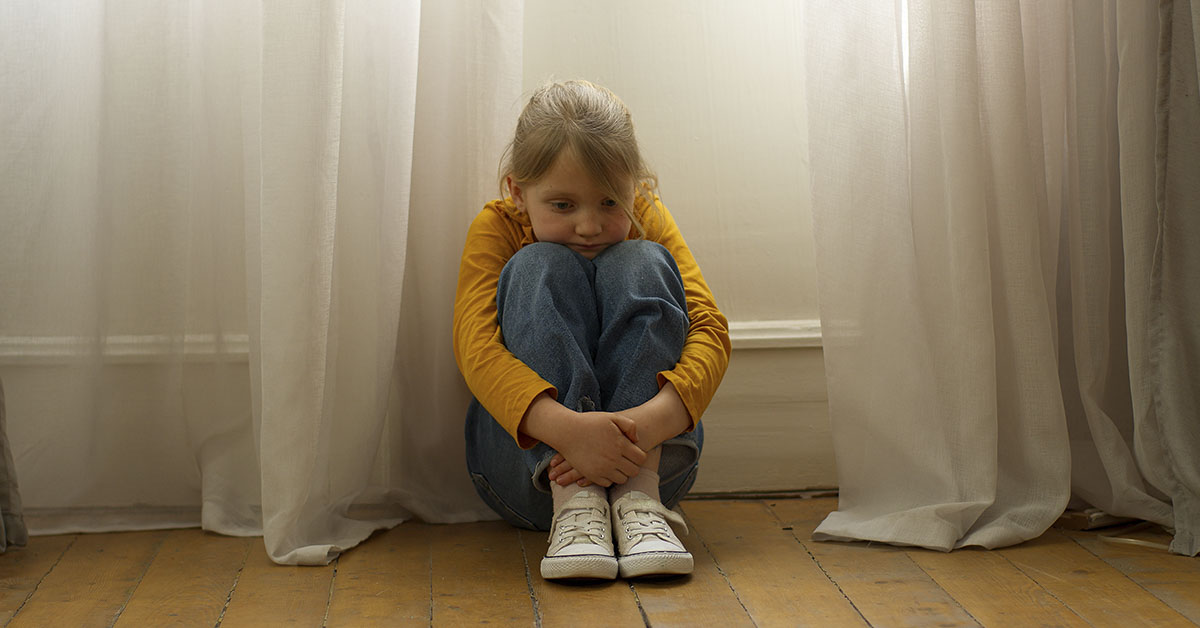Many children receive food, shelter, and clothing, but miss something essential. Love and care create the safety they need to develop confidence. Without them, lasting effects shape how people relate to others and view themselves throughout their lives. Unloved children, though outwardly cared for, may carry hidden emotional wounds into adulthood. These quiet patterns often carry on for decades, influencing relationships in ways that might surprise both the person and those around them.
Learning That Love Must Be Earned
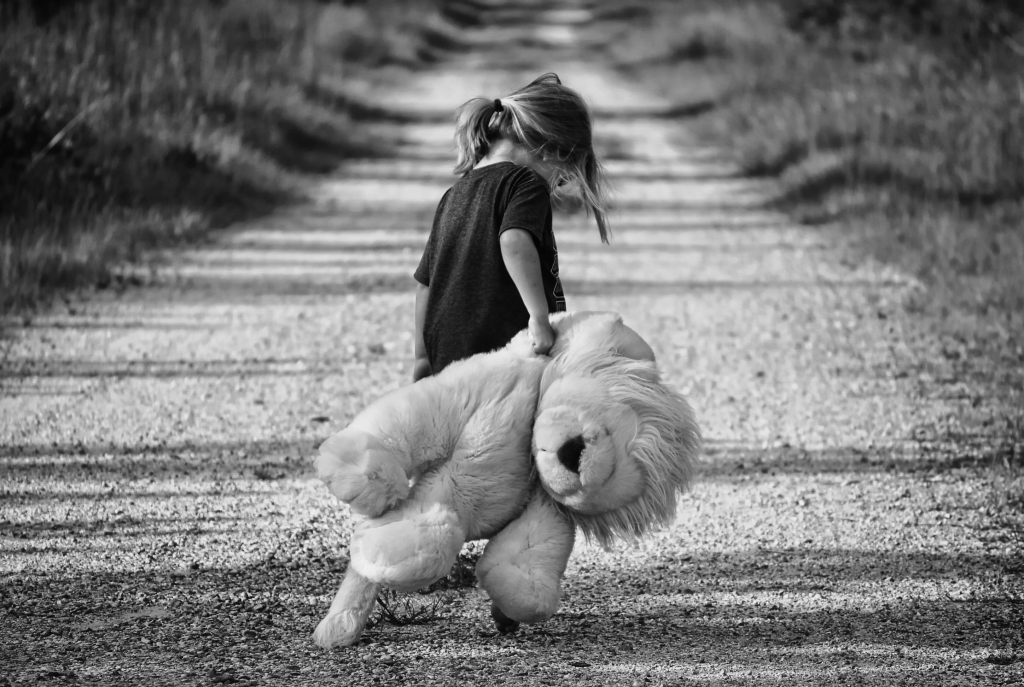
“When a child is neglected, rejected, or abused, the sense of being unloved tends to persist and affect all areas of that person’s life,” says clinical psychologist Carla Marie Manly. Not everyone who grew up feeling this way experienced obvious neglect. Sometimes parents gave love inconsistently or withheld it entirely. These children growing up without love never learn that they matter simply for existing. Instead, they learn that they must earn love, hide emotions, and stay quiet to survive.
The Difficulty Trusting Others
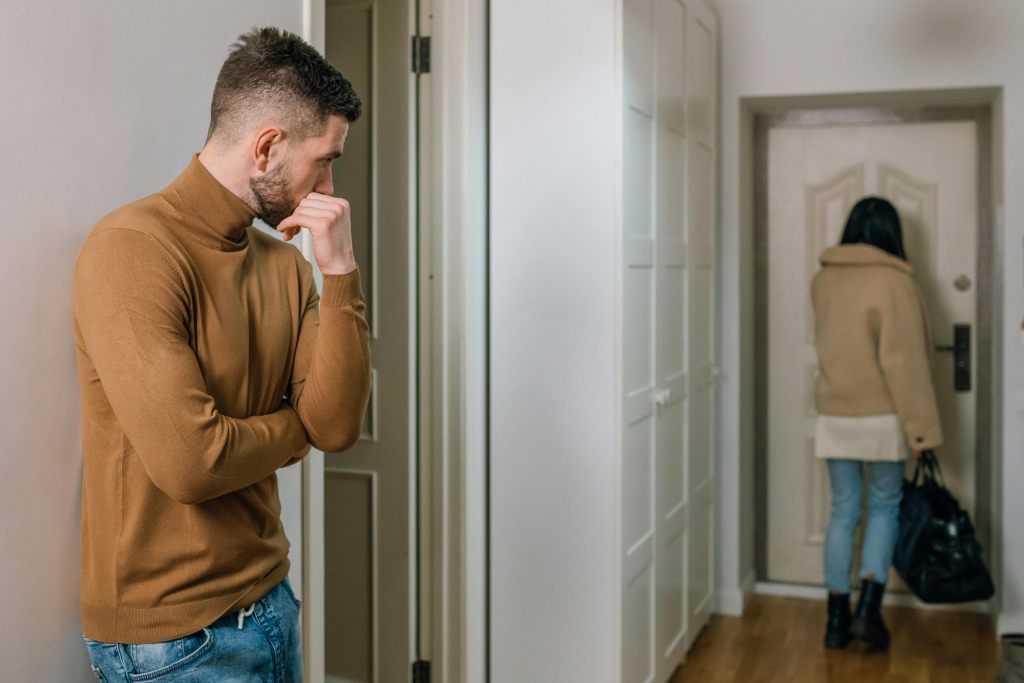
“Children who are not raised in safe, loving, respectful, and consistent environments tend to grow up feeling very unsafe and untrusting,” explains Manly. People guard themselves even when they want a connection, often trusting the untrustworthy while staying suspicious of genuinely safe people. Love that disappears without warning teaches that everyone will eventually leave.
Read More: Parents Who Aren’t Close With Their Adult Kids Usually Have These 10 Traits
The Endless Self-Analysis

“When a person’s first attachment experience is being unloved, this can create difficulty in closeness and intimacy, creating continuous feelings of anxiety,” says family therapist Nancy Paloma Collins. People who didn’t feel secure growing up spend hours analyzing their words and actions. They replay moments in their head, checking for mistakes or how others perceived them.
The Achievement Trap

“When a child’s parents withhold love or offer only criticism, the child grows up feeling incredibly insecure on the deepest of levels,” says Manly. When parents tie love to achievement, unloved children grow up questioning their value. They work constantly to prove they matter. Success becomes a moving target that they can never reach.
The Inability to Say No

Many children learn early that being helpful or quiet keeps the peace. Adults who sensed their parents’ mood and adjusted accordingly now read the room and mold themselves to fit. They say yes when they mean no and put others first to feel safe or needed. The child who learned that harmony meant self-erasure becomes the adult who doesn’t know where they end and others begin.
Read More: What Does It Mean, and How Does It Feel To Be Truly Loved?
Emotional Shutdown

“If parents don’t model healthy emotional intelligence, their children won’t develop strong emotional intelligence,” explains Manly. If parents discouraged or punished emotional expression, showing feelings may not feel safe later. These individuals keep things bottled up, creating an internal pressure cooker. On the outside, they appear calm. On the inside, they carry sadness, anger, or fear with no outlet. What looks like strength is often emotional paralysis.
Growing Up Without Love
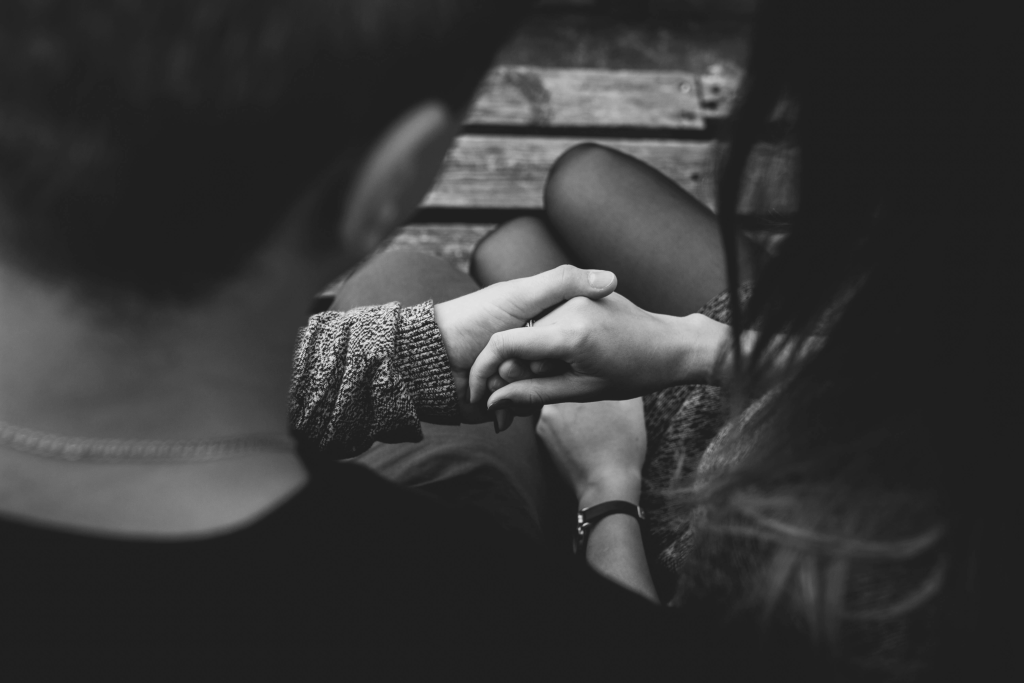
When parents didn’t offer love freely, affection can feel confusing later on. They might dismiss compliments as lies or manipulation. Closeness may feel overwhelming. Even when they long for connection, receiving love feels unnatural or undeserved. Adults who flinch at genuine compliments were often children who learned that love comes with conditions. The very thing they crave most becomes the hardest thing to accept.
Preferring Solitude

Many ‘lone wolf’ types are actually adults who learned early in life that relying on others for love and connection is unsafe,” says Manly. Children who felt unloved often found comfort in being alone, where they had freedom and control when everything else felt chaotic. They may prefer their own company or lose themselves in creative work and quiet spaces. While solitude can be healing, it can also become a fortress that keeps others out.
Struggling with Boundaries

Those whose families taught them to manage alone feel uncomfortable asking for support, believing that needing help is a weakness or imposing on others. They carry everything themselves, even when it becomes too heavy. Without healthy family models, boundaries become overly porous or rigid. When families consistently dismiss childhood needs, saying no feels wrong, and asking brings guilt. They become everyone’s solution and no one’s priority.
Read More: Dear Parents: Going to Your Kids’ Games Matter More Than You’ll Ever Know
The Hidden Longing of Unloved Children
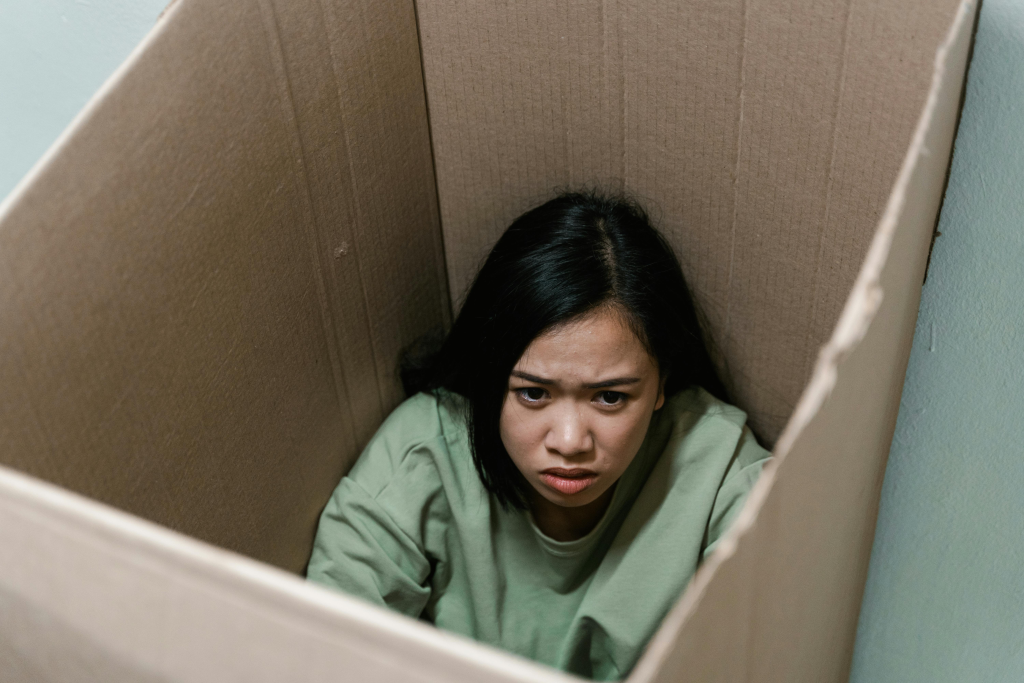
Even when someone appears confident or independent, there may be a deep wish to feel seen and accepted. Past experiences of rejection shape this longing, keeping it hidden. They want closeness but fear that showing their true self will push people away. Conditional love creates adults who are always performing, never quite believing they’re enough as they are. Behind self-sufficiency lies a heart that still hopes someone will notice.
When Survival Becomes Suffering
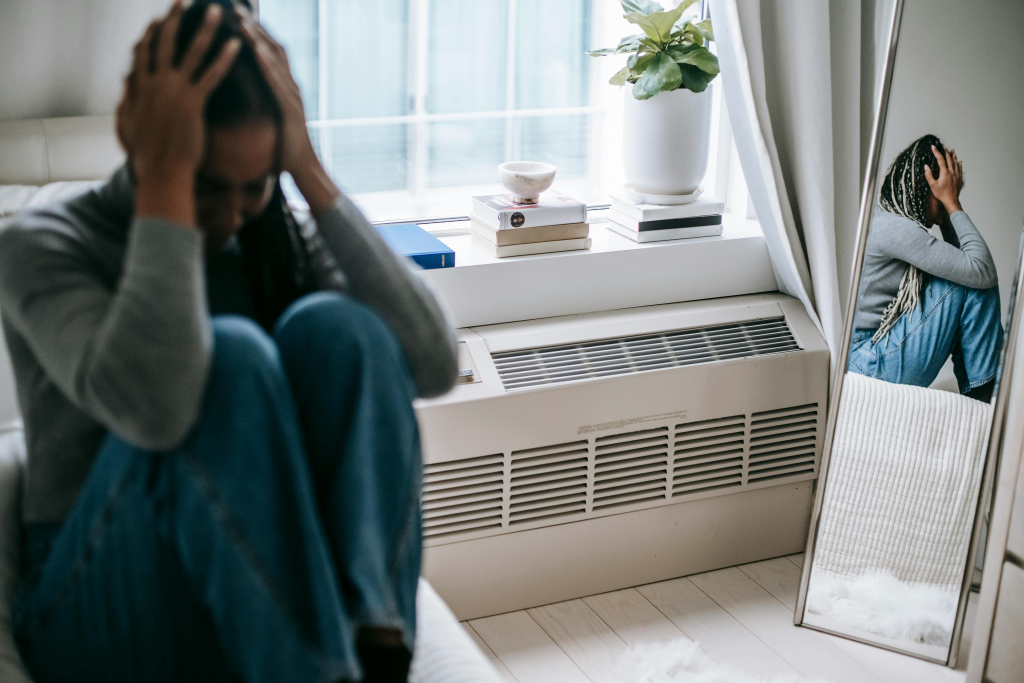
These habits are not flaws but ways children once protected themselves when adults couldn’t provide what they needed. What once helped them survive can make life harder later on. The hypervigilance that kept them safe becomes the anxiety that exhausts them. The emotional walls that protected them become barriers that keep love out. Recognition is the first step toward freedom.
The Path to Healing

“Validating our inner child and the pain we experienced as children is not only healing but empowering,” says Collins. Healing begins by understanding these patterns and where they came from. People can start questioning the beliefs they carry and begin to set limits, speak up, or trust a little more. These small steps feel uncomfortable at first, but create space for new ways of living. Individual therapy offers an ideal starting point.
Learning Self-Love

Growing up without love doesn’t mean someone cannot find love later. With time, self-awareness, and support, these patterns can change. Trust can grow. People can feel emotions, not hide them. People can set boundaries without guilt. Love isn’t only received but something we can learn to give ourselves. Sometimes, children once unloved grow into adults who learn to love themselves and become some of the most compassionate people in the world.
Read More: How Parents Handle Emotions Plays a Crucial Role in Shaping a Child’s Development
